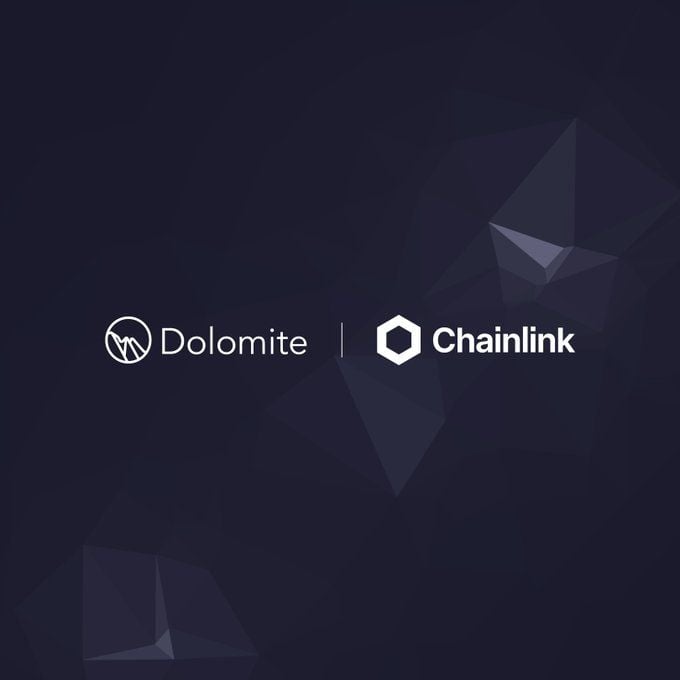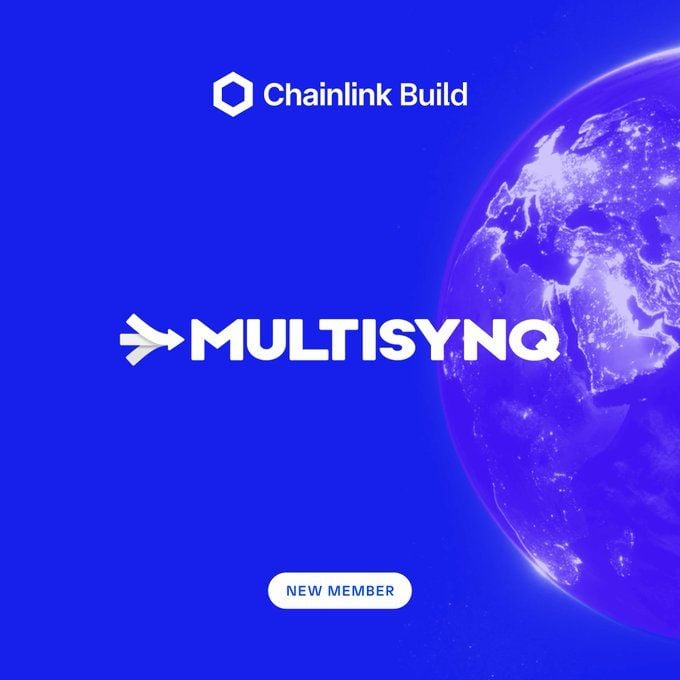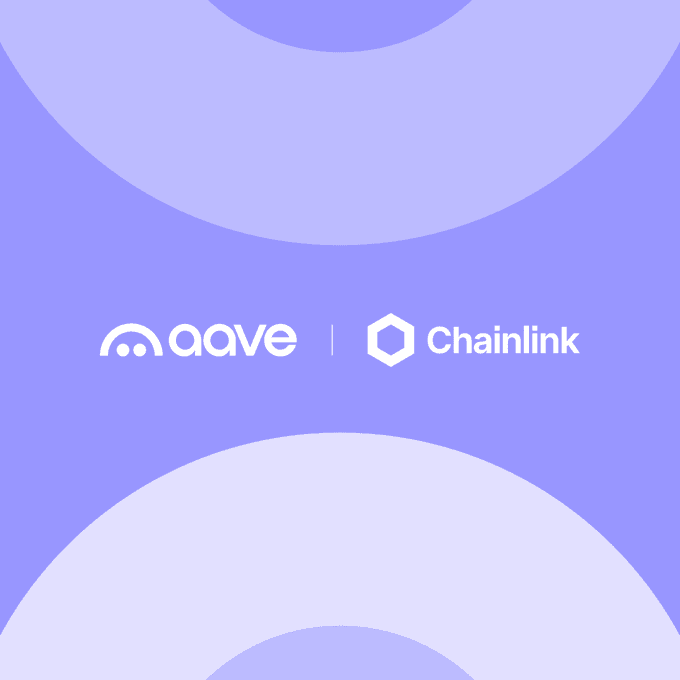Chainlink's CCIP (Cross-Chain Interoperability Protocol) has been officially integrated by Dolomite, boosting the utility and credibility of Chainlink’s infrastructure.
Simultaneously, Multisynq has joined the Chainlink BUILD program, gaining enhanced access to Chainlink's tools and technical resources. Together, these announcements highlight the growing influence of Chainlink as the default connectivity layer for cross-chain and real-time decentralized applications.
Dolomite Leverages Chainlink CCIP
Dolomite, a decentralized protocol known for its advanced trading and lending features, is expanding its reach by adopting Chainlink CCIP. The protocol aims to support secure cross-chain transfers across Ethereum mainnet, Arbitrum, and Berachain, three fast-growing blockchain ecosystems.
Per reports, Chainlink CCIP is currently the only cross-chain protocol with Level-5 security, which sets a high bar in an industry where bridge hacks have cost billions.
The protocol leverages Chainlink’s Decentralized Oracle Network (DON), which has reportedly secured over $75 billion in DeFi TVL at its peak and facilitated more than $16 trillion in onchain transaction value since 2022.
Each transfer on CCIP is validated by multiple oracle networks, including a Risk Management Network. This parallel monitoring layer verifies transaction integrity, reducing attack vectors dramatically.
Dolomite stated that CCIP gives them the infrastructure needed to expand safely into new chains. The CCIP router makes integration seamless by eliminating the need for custom cross-chain code. With a unified interface, developers and users can interact across chains without reworking protocols for every new network.
Dolomite sees this as a foundational step toward building broader cross-chain functionality while preserving the highest standards of security and reliability.

Multisynq Joins Chainlink BUILD
While Dolomite focuses on secure interoperability, Multisynq is working on something else: real-time, multiuser infrastructure without servers.
By joining the Chainlink BUILD program, Multisynq gains priority access to Chainlink’s infrastructure suite, including CCIP, Chainlink Functions, and upcoming tools still in alpha or beta testing.
Multisynq is building a decentralized synchronization layer for multiplayer apps, games, collaborative tools, and distributed AI systems. Unlike traditional apps that rely on centralized servers, Multisynq runs on a deterministic compute model at the edge, moving state and logic directly onto users' devices.
This is more than a technical tweak. It represents a paradigm shift in how multiuser apps can operate—removing backend complexity, reducing latency, and offering fully composable state sharing across users. The underlying mechanism is a shared causality mesh, which allows state to sync instantly across users with no central point of control.
By joining BUILD, Multisynq commits to sharing a portion of its native token supply with Chainlink stakers and service providers.
According to David Smith, CTO and co-founder of Multisynq:
“Multisynq enables a new class of applications and capabilities that have been dreamed about since the early days of the internet. We believe that Multisynq will permeate the multiuser world. Chainlink provides the tools needed to realize this vision.”

Chainlink’s Expanding Role in DeFi
These integrations follow a successful pilot program by Aave DAO, which tested Chainlink’s new oracle innovation: Sustainable Value Recovery (SVR). SVR is a DeFi-first oracle solution that allows Aave to recapture MEV (Miner Extractable Value) from liquidations — a problem that has plagued many protocols.
After the pilot proved successful with zero bad-debt incidents, Aave DAO voted unanimously to expand SVR coverage. It now includes 27% of the protocol’s TVL on Ethereum, up from just 3%.

SVR-activated assets now span across Aave’s v3 Ethereum Core and Prime markets, including tokens like AAVE, WBTC, LINK, tBTC, rsETH, and wstETH.
 bsc.news
bsc.news